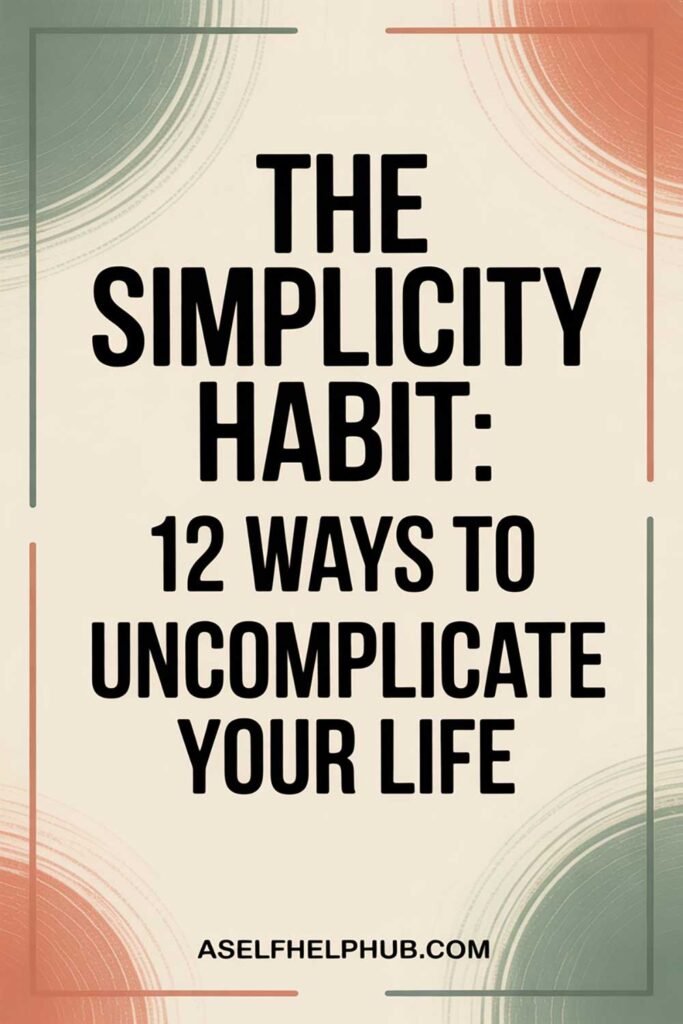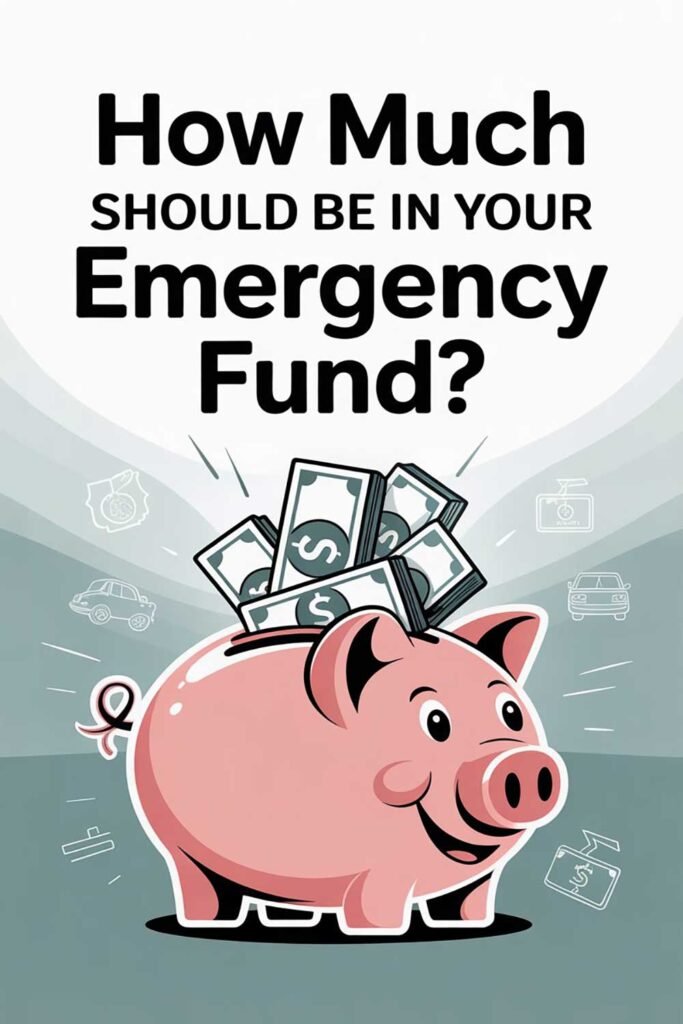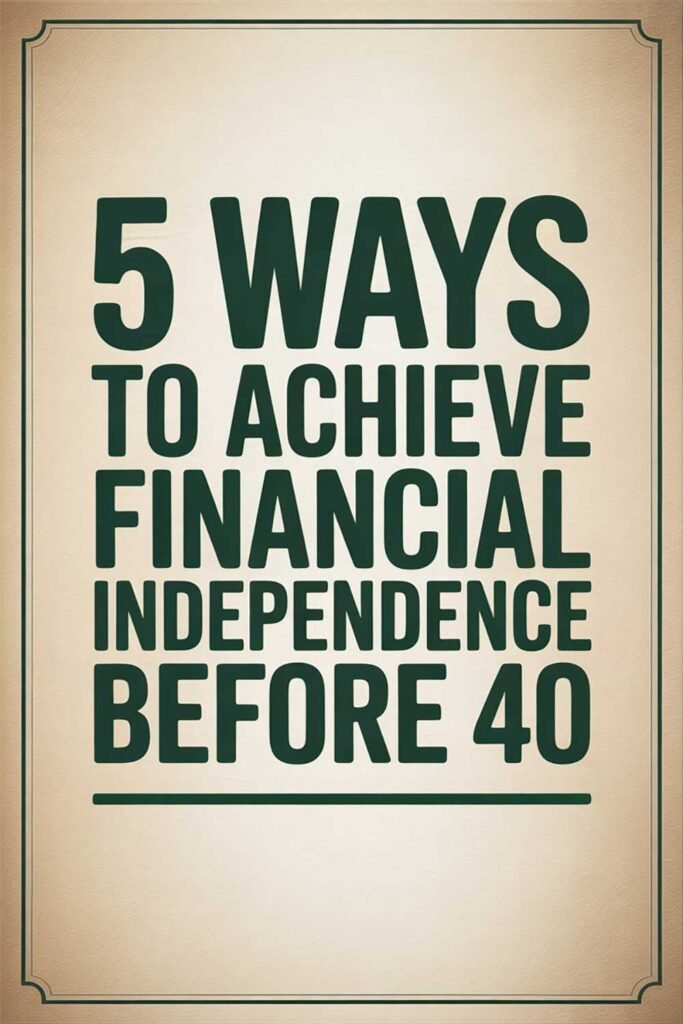14 Tips for Achieving a Minimalist Money Lifestyle
In a world that often promotes more, more, more—minimalism flips the script. A minimalist money lifestyle is all about simplifying your finances, spending intentionally, and freeing yourself from the clutter that weighs you down both mentally and financially. The goal isn’t to deprive yourself but to focus on what truly matters. When your money supports your values, not just your purchases, you experience greater peace, freedom, and purpose. Here are 14 powerful tips for achieving a minimalist money lifestyle.

1. Define What Financial Minimalism Means to You
Minimalism looks different for everyone. Some want to live on less, others want more financial freedom. Start by defining what you want less of and what you want more of.
Real-Life Example: Rachel downsized from a two-bedroom apartment to a studio, cutting her rent by 40%. She used the extra savings to travel and pay off debt.
2. Declutter Your Spending Habits
Track your spending for 30 days. Identify recurring expenses that no longer bring value or joy. Eliminate them.
Real-Life Example: Daniel discovered he was subscribed to six different streaming platforms. He canceled four, saving $50/month.
3. Live Below Your Means—Intentionally
Spend less than you earn, not out of fear, but because you’ve chosen to value simplicity, security, and long-term freedom over short-term wants.
Real-Life Example: Linda capped her monthly expenses at 60% of her income. The rest went to savings and investments.
4. Automate the Essentials
Simplify your finances by automating bill payments, savings transfers, and investments. It eliminates decision fatigue.
Real-Life Example: Tyler automated a weekly $75 transfer to his savings account. He didn’t miss it—and built a $3,000 emergency fund in 10 months.
5. Use Cash or Debit to Stay Grounded
When you use physical cash or a debit card, you feel every dollar spent. It reinforces awareness and intentionality.
Real-Life Example: Emma switched to a cash-only system for groceries and cut her monthly food spending by $150.
6. Invest in Quality Over Quantity
Minimalism isn’t about buying nothing—it’s about buying intentionally. Invest in fewer, higher-quality items that last longer and serve you well.
Real-Life Example: Steve stopped buying fast fashion and invested in a few quality wardrobe staples. He saved money and loved his style more.
7. Downsize Your Housing or Vehicle If Needed
Consider whether your home or car matches your actual needs or your status-driven wants. Downsizing can free up hundreds each month.
Real-Life Example: After selling her SUV and switching to a compact hybrid, Melissa saved over $2,000/year on gas and insurance.
8. Cut Emotional and Impulse Spending
Use a 24- or 48-hour rule before buying non-essential items. Ask yourself: Does this align with my values and goals?
Real-Life Example: Alex kept a “want list” in a notebook. After 30 days, most items no longer felt worth buying.
9. Simplify and Consolidate Accounts
Fewer accounts = less mental clutter. Close unused bank accounts, credit cards, and consolidate where possible.
Real-Life Example: Jason had five savings accounts. He consolidated to one high-yield account and saved hours managing transfers.
10. Practice Gratitude Over Consumerism
Make it a habit to appreciate what you already have. Gratitude reduces the need to constantly buy more.
Real-Life Example: Mia started journaling three things she was grateful for each morning. Her urge to shop “just because” faded away.
11. Avoid Lifestyle Inflation
When your income increases, don’t automatically increase your spending. Direct the extra money to savings or debt payoff.
Real-Life Example: Ryan got a $5,000 raise but kept his lifestyle the same. He saved every penny and took a dream vacation with cash.
12. Create a Value-Based Budget
Align your budget with your values. Prioritize what matters and cut what doesn’t.
Real-Life Example: Sophie loved books and cooking. She cut cable and fast food to spend more on Kindle downloads and fresh ingredients.
13. Focus on Experiences Over Things
Spend more on creating memories, not clutter. Experiences often bring more joy than possessions.
Real-Life Example: David used his “fun budget” for weekend hikes, road trips, and family picnics instead of gadgets and gizmos.
14. Celebrate Financial Wins Without Spending
Reward yourself for milestones in meaningful, non-material ways.
Real-Life Example: After paying off her credit card, Grace celebrated with a home spa day instead of a shopping spree.
20 Inspirational Quotes About Minimalist Money Living
- “Simplicity is the ultimate sophistication.” — Leonardo da Vinci
- “Too many people spend money they haven’t earned to buy things they don’t want to impress people they don’t like.” — Will Rogers
- “Minimalism is not about having less. It’s about making room for more of what matters.” — Unknown
- “You make most of your money in times of discipline.” — Barbara Corcoran
- “The best things in life aren’t things.” — Art Buchwald
- “It’s not your salary that makes you rich, it’s your spending habits.” — Charles A. Jaffe
- “The goal isn’t more money. The goal is living life on your terms.” — Chris Brogan
- “Less stuff equals more freedom.” — Courtney Carver
- “Clutter is nothing more than postponed decisions.” — Barbara Hemphill
- “Do not save what is left after spending, but spend what is left after saving.” — Warren Buffett
- “You don’t need more space. You need less stuff.” — Joshua Becker
- “Happiness is not having what you want. It is wanting what you have.” — Unknown
- “Time is the new luxury.” — Unknown
- “Live simply so others may simply live.” — Mahatma Gandhi
- “Buy less. Choose well. Make it last.” — Vivienne Westwood
- “Contentment is natural wealth.” — Socrates
- “Owning less is better than organizing more.” — Joshua Becker
- “Debt is the slavery of the free.” — Publilius Syrus
- “Simplicity is the keynote of all true elegance.” — Coco Chanel
- “Success is not in what you have, but who you are.” — Bo Bennett
Picture This
Imagine waking up in a clean, uncluttered home. Your finances are simple. Your budget is intentional. You know exactly where your money goes and why. Instead of being weighed down by bills or debt, you feel light, free, and in control. Every dollar you spend supports the life you actually want—not the one social media tells you to want.
What could your life feel like if financial peace replaced financial pressure?
Share This Article
Know someone who’s ready to declutter their money life and find more peace? Share this article or post it on social media. Simplicity is contagious.
Disclaimer
This article is based on personal experiences and general financial practices. Results may vary. Always consult a financial advisor before making any major financial decisions.






